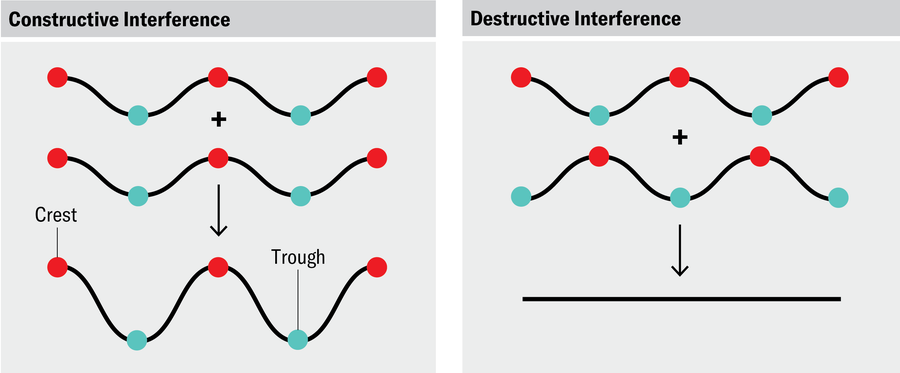A theme emerged this week at the Democratic National Convention that’s very different from Kamala Harris’ last run for President: the notion that her past as a prosecutor will be an asset in the race.
Largely seen as a liability on the left during her 2020 run, Harris’ prosecutorial record is now being reframed as a stark contrast to former President Donald Trump, who has been found guilty on 34 felony charges. “As a prosecutor, when I had a case, I charged it not in the name of the victim. But in the name of ‘The People,’” Harris said in her speech accepting the party’s nomination. “For a simple reason: in our system of justice, a harm against any one of us is a harm against all of us.”
Throughout the convention, speakers echoed a similar message: “Donald Trump rants about law and order as if he wasn’t a convicted criminal running against a prosecutor,” Transportation Secretary Pete Buttigieg said Wednesday.
Angela Alsobrooks, a former prosecutor who is running for Maryland’s open Senate seat, said during her primetime speaking slot at the DNC on Tuesday that Harris is the right candidate to prosecute the case against Trump: “Getting justice for others isn’t a power trip for her—it’s a sacred calling,” she said. “And hear me—Kamala Harris knows how to keep criminals off the streets. And come November, with your help, she’ll keep one out of the Oval Office.”
Read More: The Reintroduction of Kamala Harris
In an interview with TIME after her speech, Alsobrooks elaborated on why she thinks Harris’ pitch to voters about being a prosecutor will work better now than it did in the 2020 Democratic primary. “I think people are sick of Donald Trump,” Alsobrooks says, sitting in the lobby of her hotel in Chicago hours before Harris, an ally and friend of hers, would accept the nomination. “They can see the real contrast between a person who’s obsessed with himself—he spent time fighting for himself, and she’s been fighting for other people.”
The transformation in Harris’ political narrative is striking, particularly when viewed against the backdrop of the 2020 Democratic primary, where her record as a California prosecutor was a point of contention among progressive voters. At that time, the murder of George Floyd had sparked major protests against police brutality and a national reckoning with racism, and activists and critics on the left lambasted Harris for what they perceived as a tough-on-crime approach during her tenure as San Francisco District Attorney and California Attorney General.
Buy your copy of TIME’s ‘Kamala Harris: Her Moment’ issue here in the Magazine Shop
The pivot from Harris’ earlier efforts to downplay her prosecutorial record highlights a broader shift within the Democratic Party. The left’s growing apprehension over crime and public safety issues has altered the political landscape, making Harris’ background in law enforcement more palatable to a broader electorate. Recent polling shows that a significant portion of voters are concerned about crime and support a more robust approach to public safety.
The shift in public perception can be attributed to several factors: For one, crime rates have fluctuated, and despite a general decline in recent years, fears about crime have persisted, fueled in part by Republican advertising focusing heavily on crime and immigration issues. Democrats have been compelled to present a counter-narrative that addresses public anxieties about safety while highlighting their own solutions.
Read More: ‘A Chance to Chart a New Way Forward’: Key Moments From Kamala Harris’ DNC Speech
There’s also Harris’ opponent. With Trump facing a multitude of legal battles, including criminal cases related to his alleged efforts to overturn the 2020 election and a conviction for falsifying business records to cover up hush-money payments to a porn star, Harris’ campaign has emphasized her experience in upholding the rule of law. “I took on perpetrators of all kinds,” Harris said at a recent rally, adding, “I know Donald Trump’s type.”
Alsobrooks thinks there will be a larger takeaway for voters as they learn more about Harris’ background, too. She describes Harris as a prosecutor who sought to address the root causes of crime rather than merely pursuing punitive measures, noting that her career was not just about locking people up but also about addressing broader systemic issues. “She has a whole record of fighting for other people,” Alsobrooks says, “and I think people now can see that prosecutors are tough, but they’re also compassionate—that their only interest is in justice… fairness and justice for other people is the priority of a prosecutor. And I think they see that in Kamala.”





















Discussion about this post